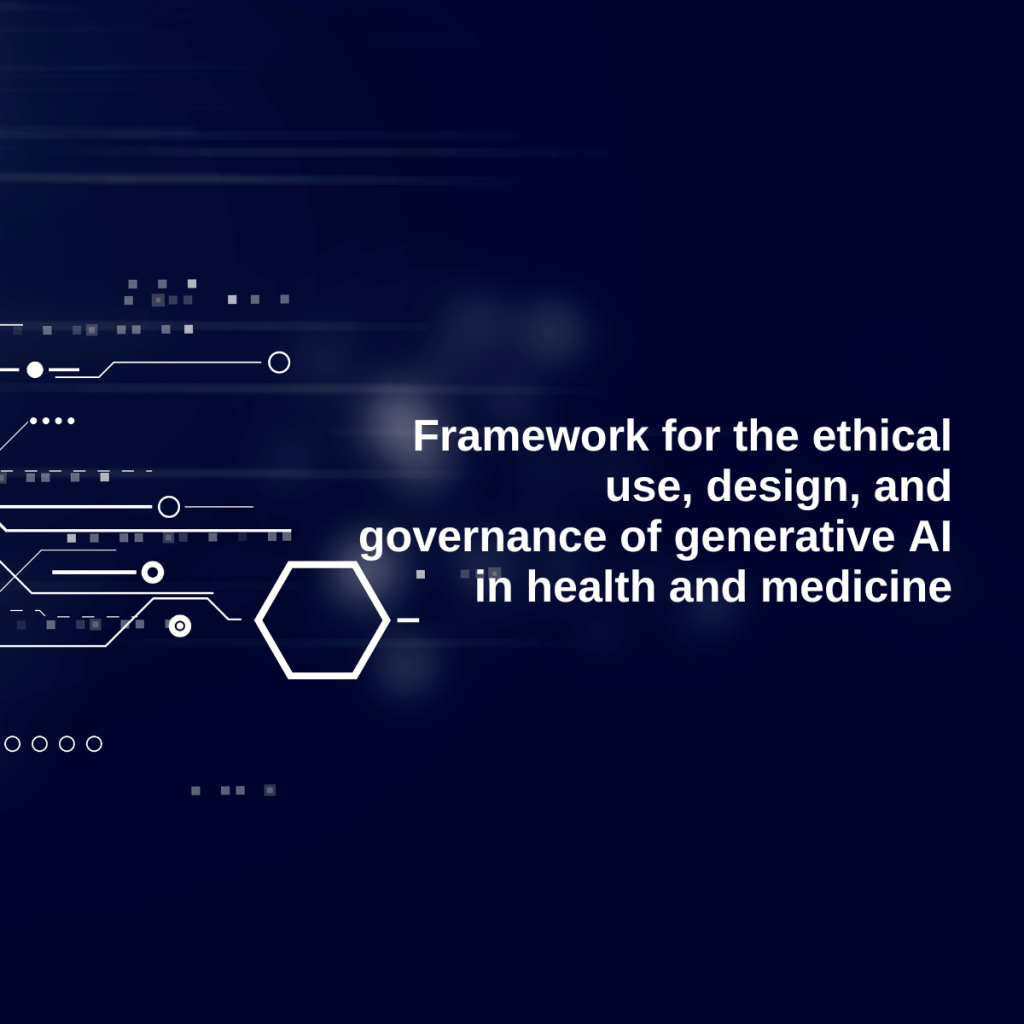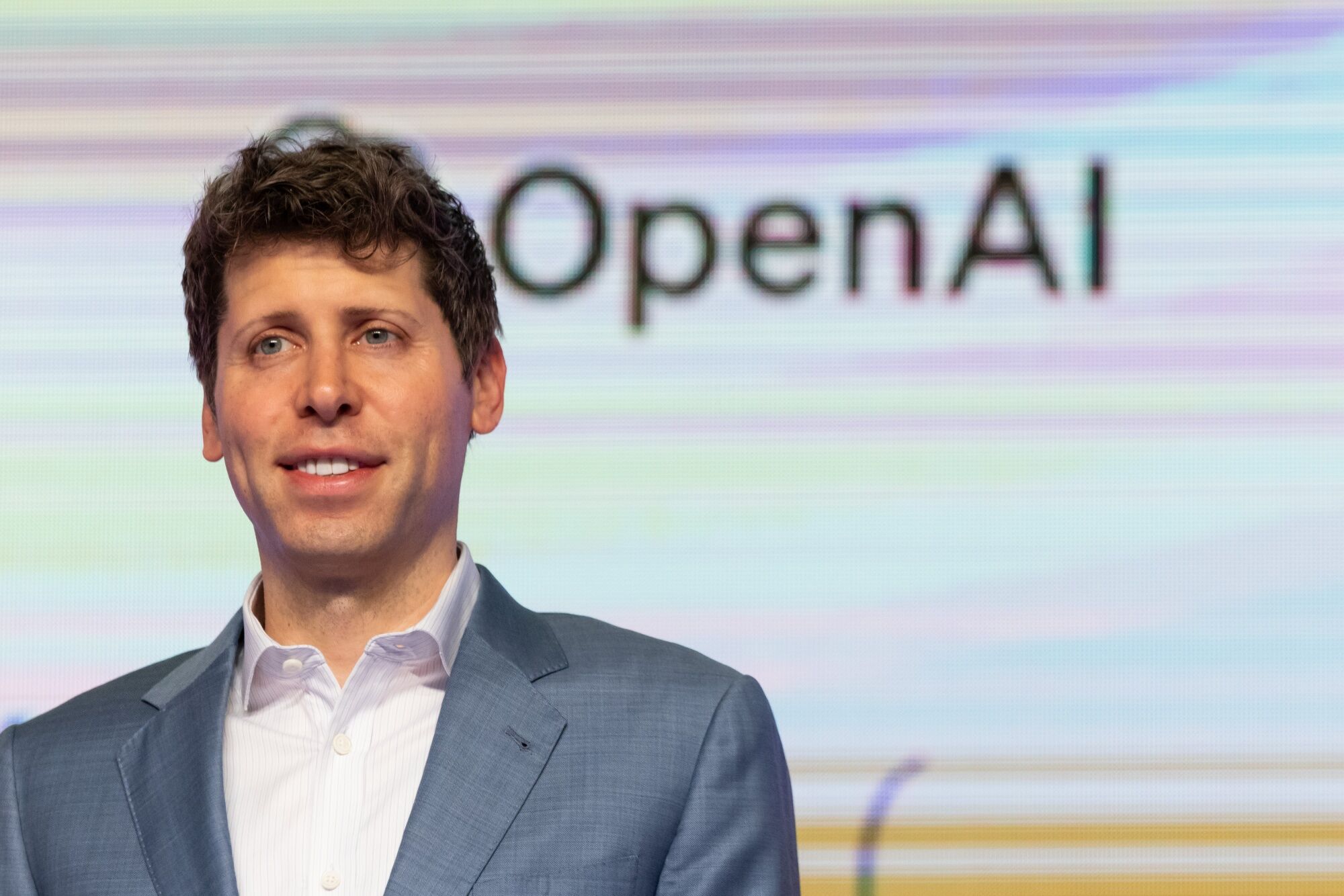In a landmark US trial against Google, Microsoft CEO Satya Nadella testified about the fierce battleground tech giants are navigating to acquire vast amounts of content essential for training artificial intelligence models. He expressed concerns over Google’s strategy of securing exclusive and costly deals with publishers, likening it to the early days of distribution deals. This revelation comes as the US Justice Department pursues a major antitrust case against Google, drawing parallels to the government’s legal action against Microsoft in 1998.
Rivalry in the AI training data arena
The tech industry’s race to harness the power of artificial intelligence has escalated into a fierce competition for one critical element: content. Microsoft’s Satya Nadella, testifying in the high-profile antitrust case against Google, revealed that building content libraries to train large language models has become reminiscent of the early phases of distribution deals. He emphasized the importance of content in training AI, stating that computing power and data are crucial components. Nadella didn’t hesitate to express his concerns about companies, implicitly referring to Google, locking up exclusive deals with major content makers. According to him, this creates a challenging environment for other players, as publishers often demand matching offers, putting additional pressure on competitors.
Google’s Dominance and Antitrust Allegations
At the heart of the antitrust case against Google lies the accusation that the search giant unlawfully pays around $10 billion annually to smartphone manufacturers and wireless carriers. These payments allegedly secure Google’s position as the default search engine on devices, giving it a staggering 90 percent share of the search market. This dominance, the US Justice Department argues, translates into a powerful position in the advertising market, significantly boosting Google’s profits. Nadella’s testimony adds a new layer to this narrative, highlighting the broader implications of content acquisition in the realm of AI development.
Nadella refrained from explicitly naming Google but made it clear that exclusive deals with publishers pose a significant challenge. According to his testimony, when meeting with publishers, the looming presence of Google, armed with exclusive and lucrative deals, becomes a hurdle for competitors. The concern is not limited to competition in the advertising market but extends to the broader landscape of artificial intelligence, where access to diverse and extensive content is crucial for training sophisticated language models.
Distribution Agreements Under Scrutiny
As the antitrust trial unfolds, distribution agreements take the spotlight, serving as a critical battleground for the Justice Department’s case against Google. Nadella stressed that Microsoft is willing to invest in computing power and servers for AI development but finds it problematic when competitors lock up exclusive deals, limiting access to valuable content. The implications of this trial extend beyond the courtroom, resonating with the ongoing competition between tech giants vying for supremacy not only in search but also in the rapidly evolving field of artificial intelligence.
The trial raises questions about the nature of Google’s dominance—whether it stems from fair competition based on quality or if anticompetitive practices have played a role. Judge Amit Mehta’s question to Nadella about the quality of Microsoft’s Bing compared to Google suggests a keen interest in understanding the dynamics that contribute to Google’s stronghold. Nadella’s responses underscore the complexities of the tech industry’s evolution, acknowledging the challenges Microsoft faced in establishing its Bing search engine as a default option on Apple smartphones.
In this high-stakes legal battle, the tech giants, once bitter rivals, find themselves entangled not only in accusations of antitrust violations but also in a broader competition for dominance in the realm of artificial intelligence. The outcome of this trial could reshape the landscape of tech competition, influencing not only search engine preferences but also the future trajectory of AI development.





